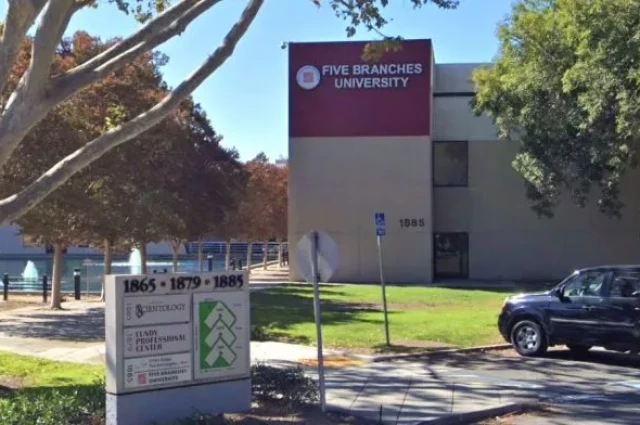Starlight Community Services Information
Treatment
Who We Treat
- Young Adults (18–25)
- Adolescents
- Children
- Male and Female
Treatment Focus
- Depression
- Co-Occurring Disorders
- Adolescents
- Drug Addiction
- Trauma
Approaches
- Family Involvement
- Group Therapy
- Family Therapy
- Evidence-Based
- Strengths-Based
- 1-on-1 Counseling
- Individual Treatment
- Life Skills Training
Conditions We Treat
- Post Traumatic Stress Disorder
- Anxiety
- Suicidality
- Stress
- Trauma
- Self-Harm
Substances We Treat
- Alcohol
- Methamphetamine
- Marijuana/Cannabis
Aftercare
- Outpatient Treatment
- Family Follow-Up Counseling
- Follow-up Sessions (in-person)
- Continuing Care
- Discharge Planning
Level of Care
- Outpatient
- Virtual & In-Home Care
Experience
Smoking and Vaping Policy
- Smoking Allowed in Designated Areas
- Vaping Allowed in Designated Areas
Accreditations
-
The Joint Commission
The Joint Commission, previously known as JCAHO, is a nonprofit organization that accredits rehabilitation organizations and programs. Established in 1951, its mission is to enhance the quality of patient care and showcase excellence in healthcare delivery.

Starlight Community Services Accepts The Following Insurance Plans
Find the best treatment options. Call our free and confidential helpline today!

